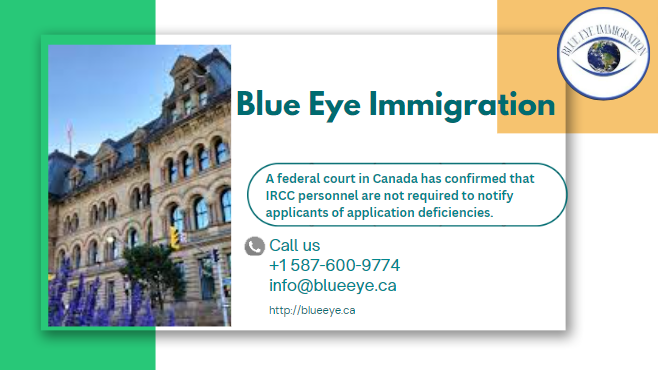As a matter of procedural fairness, the officer examining an application is not compelled to notify the applicant of the weak points of their application before they reach a judgment, according to a recent order by Canada’s federal court.
An Iranian citizen was the applicant in this case. Under the International Mobility Program, which is designed for self-employed individuals and entrepreneurs who want to launch and run a business in Canada, he submitted an application for a work visa.
The candidate intended to launch a Vancouver-based IT consultancy company. A business strategy and written representations from his legal counsel were included in his application.
The applicant’s bank balances only showed a balance of around $150,000 CAD, but the immigration officer examining his case saw that the applicant’s business plan required an initial investment of $138,600 CAD.
The officer was not convinced that the suggested business endeavor would constitute a reasonable cost based on this information. Furthermore, the applicants’ extraordinarily high revenue projections for the first year were unsupported by prospective contracts or clients.
The officer denied the work visa, stating that the applicant had not submitted a workable business plan that would significantly benefit Canada.
The applicant claimed that the officer’s judgment was irrational and that he had been denied procedural justice in his request for judicial review of the ruling. He maintained that he had the experience and qualifications to support the venture, that the suggested business was feasible and would greatly benefit Canada, and that he had already started putting the business plan into action.
Furthermore, the applicant said that he had either misinterpreted or overlooked documentation supporting his costs. The applicant specifically said that he owned assets and bank accounts in Iran valued at more over $2 million. He was able to put the $138,600 into the Canadian company endeavor as a result.
But because the officers’ judgments on the applicant’s business plan were supported by the applicant’s facts and evidence, the court determined that they were all transparent, understandable, and justified.
The officer could have concluded that the applicant’s proposed investment was not reasonable given the lack of references in his application to his bank accounts or the $2 million worth of properties he later claimed were available for investment in the proposed business.
The applicant further contended that he was not given a significant chance to address the officer’s concerns regarding his application. In order to ensure procedural fairness, the court clarified that it is well-established that an officer is not obligated to notify an applicant of any flaws, weaknesses, or other issues that may arise with the application.
This federal court ruling implies that it may only be considered procedurally unfair if officers fail to request additional information from an applicant if they have concerns about the veracity, accuracy, or authenticity of the information the applicant has submitted, or if the concerns do not stem from the application of the regulations’ criteria.
Candidates should be careful to include any supporting documentation or material at the onset to construct the strongest application possible, as officers are not obligated to tell applicants of errors or flaws in their application.
After an application has been submitted for review, applicants may not always have the opportunity to correct errors or provide additional supporting documentation, therefore it is crucial to ensure that you are included all appropriate supporting documentation.
Additionally, you should speak with an immigration attorney; they may help you identify any gaps or weak points in your application and provide advice on how to strengthen it.
